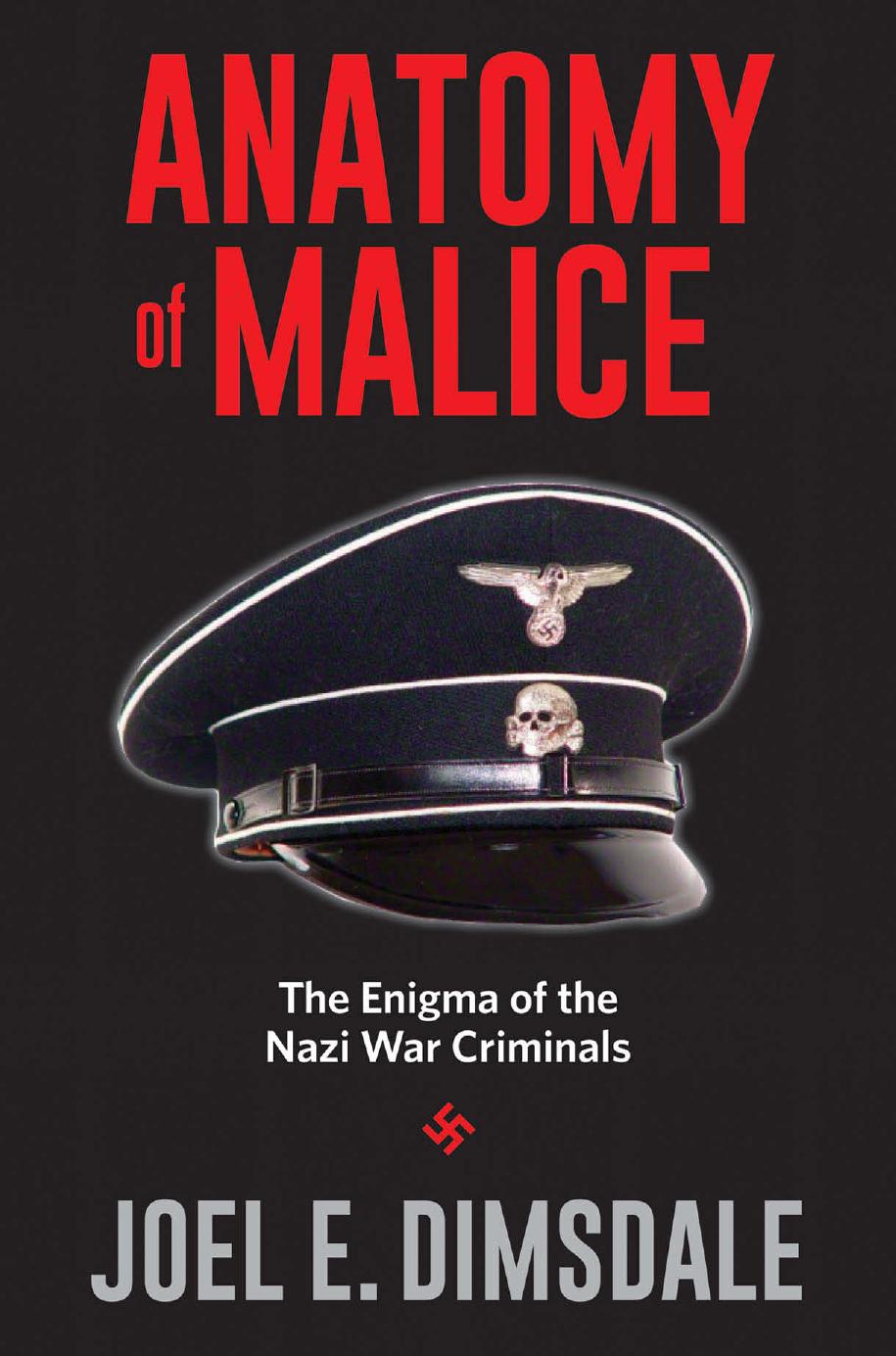Anatomy of Malice by Joel E. Dimsdale

Author:Joel E. Dimsdale [Dimsdale, Joel E.]
Language: eng
Format: epub, pdf
Publisher: Yale University Press (Ignition)
Published: 2016-08-14T16:00:00+00:00
Fig. 19. Rudolf Hess’s sealed envelope containing spots of his marmalade, which, he was convinced, contained brain poison. (Douglas Kelley personal papers, photo by author)
Despite Hess’s above-average intelligence, Kelley noted his inconsistent memory symptoms and was certain that they represented both malingering and hysteria (or what would today be called dissociation). One of Hess’s former secretaries tried to help him reclaim his memory by giving him an old photograph to look at, but Hess waved it away, saying, “I do not want any help.” Kelley noted: “It was obvious to all present that he did not want to run any risk of giving himself away.”45
Kelley commented that Hess’s memory switched off and on, sometimes volitionally and sometimes when he was under great emotional pressure. Hess later told him that much of his amnesia had been real and that his boast in court had been false. He continued that although his mind was improving, it was “still weak and my brain tires easily.” To support his assertion that Hess was not always malingering, Kelley noted that the amnesia was not providing any gain: it interfered with his defense and handicapped his lawyer. It did not “get him off” the case but actually thrust him back into it. In January 1946, Kelley wrote:
His flight to England was a grandiose gesture . . . which when unsuccessful, resulted in the development of a severe paranoid reaction with delusions of persecution by the British. He also developed some partial amnesia and as the amnesia became deeper, the paranoid reactions vanished. After his second suicidal attempt, the amnesia cleared and the paranoid reactions returned. These reactions again vanished with the development of the amnesia which was present on his arrival [at Nuremberg]. His dramatic statement in court was a hysterical theatrical reaction. . . . Careful examination made here shows that Hess still has some true areas of amnesia. He admits that, at times, he is unable to remember certain events and that this process has occurred off and on for many years. His paranoid reactions . . . are in the area between conscious and unconscious. He has enough insight to realize that the idea that the food may be poisoned is not rational. On the other hand, these ideas do recur. . . . He may also develop a recurrence of his amnesia and it is extremely likely that he will produce some hysterical gesture before he is finally disposed of.46
Kelley bemoaned Hess’s aloofness: “On my departure he was the only prisoner who failed to thank me for my interest in his welfare. This is typical of Hess’ personality—a paranoid and suspicious individual with gross hysterical manifestations who failed in the most spectacular effort of his life. . . . He considers himself to be the only standard-bearer left of the Nazi Party, and will continue true to his adolescent ideals to the end—provided of course that his basic instability does not precipitate another psychotic episode.”47
Kelley’s prison chart note on Hess was more restrained; it concluded that Hess had “no evidence of psychopathology.
Download
This site does not store any files on its server. We only index and link to content provided by other sites. Please contact the content providers to delete copyright contents if any and email us, we'll remove relevant links or contents immediately.
The Art of Coaching by Elena Aguilar(53255)
Thinking, Fast and Slow by Kahneman Daniel(12310)
The Art of Thinking Clearly by Rolf Dobelli(10490)
The 5 Love Languages: The Secret to Love That Lasts by Gary Chapman(9818)
Mindhunter: Inside the FBI's Elite Serial Crime Unit by John E. Douglas & Mark Olshaker(9345)
When Breath Becomes Air by Paul Kalanithi(8449)
Periodization Training for Sports by Tudor Bompa(8275)
Becoming Supernatural by Dr. Joe Dispenza(8222)
Turbulence by E. J. Noyes(8055)
Bodyweight Strength Training by Jay Cardiello(7918)
Therapeutic Modalities for Musculoskeletal Injuries, 4E by Craig R. Denegar & Ethan Saliba & Susan Saliba(7722)
Nudge - Improving Decisions about Health, Wealth, and Happiness by Thaler Sunstein(7711)
The Road Less Traveled by M. Scott Peck(7604)
Mastermind: How to Think Like Sherlock Holmes by Maria Konnikova(7350)
Enlightenment Now: The Case for Reason, Science, Humanism, and Progress by Steven Pinker(7315)
Win Bigly by Scott Adams(7202)
Kaplan MCAT General Chemistry Review by Kaplan(6935)
Why We Sleep: Unlocking the Power of Sleep and Dreams by Matthew Walker(6727)
The Way of Zen by Alan W. Watts(6618)
